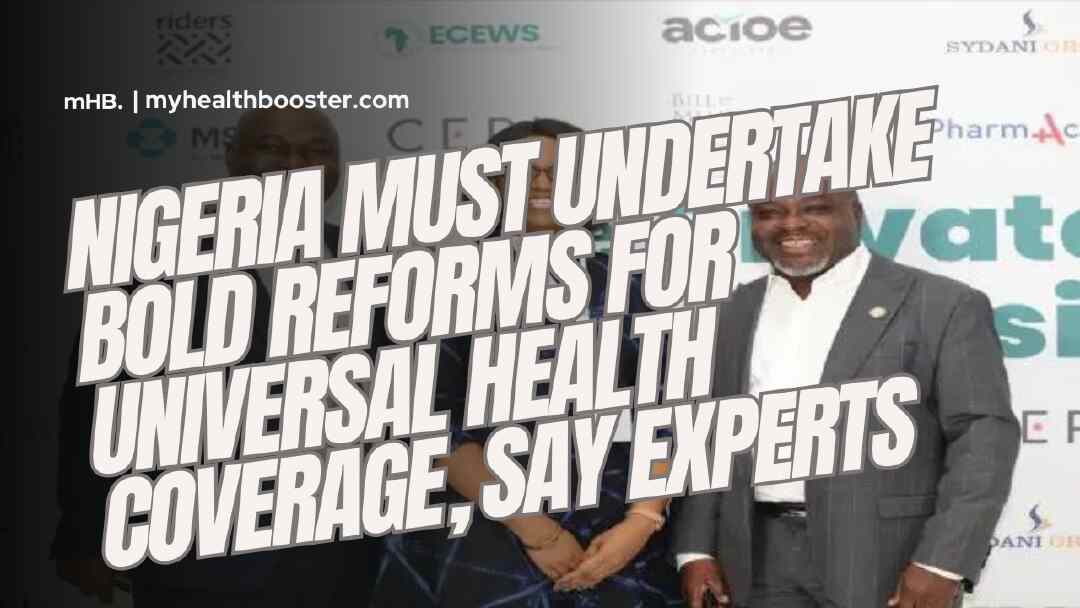Despite substantial government investments, experts argue that the Nigerian health sector requires substantial and meaningful reforms to set it on the path to achieving Universal Health Coverage (UHC). They emphasize the imperative role of private sector involvement in ensuring comprehensive and sustainable healthcare for national growth, development, and ongoing prosperity.
At the “Future of Health Conference” in Lagos, themed “The Private Sector as a Catalyst for a Resilient Health System,” healthcare experts agreed that effective collaboration with the private sector is essential to fortify the nation’s health system.
Dr. Salma Ibrahim Anas, Special Advisor to the President on Health, addressed the well-attended conference. She stressed that achieving the health-related Sustainable Development Goals, particularly “health for all” through UHC, requires a resilient health sector that can adequately meet the people’s needs.
Dr. Anas referenced the Presidential Health Reform Committee’s establishment and the creation of the “Renewed Hope Health Agenda.” This initiative encompasses eight thematic areas aimed at enhancing the health sector’s resilience to serve the Nigerian population more effectively.
She underscored the importance of public-private partnerships, highlighting that over 70% of health expenditure in Nigeria is private. Strategic partnerships between the public and private sectors are critical for unlocking the health sector’s potential, advancing healthcare delivery, and ensuring financial protection for all Nigerians. However, this will necessitate comprehensive reforms with transparent governance frameworks and mechanisms for accountability.
The conference emphasized the need for ongoing dialogues and consultations within the healthcare sector to create productive platforms for partnerships and collaborations.
Dr. Ali Pate, the Minister of Health, noted that Nigeria is undergoing an epidemiological transition, marked by changes in the disease burden and a surge in non-communicable diseases. He stressed the necessity for investments in manufacturing, logistics, and supply chain strategies to bridge the gap between current health outcomes and Nigeria’s immense resources.
The four-point agenda of the Renewed Hope Agenda includes governance improvements, a mixed health system with both public and private involvement, focus on services that enhance population health outcomes, and the development of a domestic pharmaceutical production chain.
Vivianne Ihekweazu, Managing Director of Nigeria Health Watch, emphasized the complex nature of healthcare delivery in Nigeria, with patients frequently navigating between public and private healthcare providers. Strategic integration of both sectors is crucial to enhance the healthcare system’s resilience.
To address issues like inequitable access, low-quality service perceptions, and inadequate healthcare facilities, public-private partnerships are seen as a key solution. Leveraging the expertise of Nigerian healthcare professionals abroad and the capabilities of the private sector can transform the nation’s healthcare landscape.
In conclusion, the synergy between the diaspora professionals and private sector entities holds the promise of a healthier and more prosperous Nigeria. The country’s healthcare system requires these transformative partnerships to overcome the multifaceted challenges it faces, making quality healthcare accessible to all citizens.
